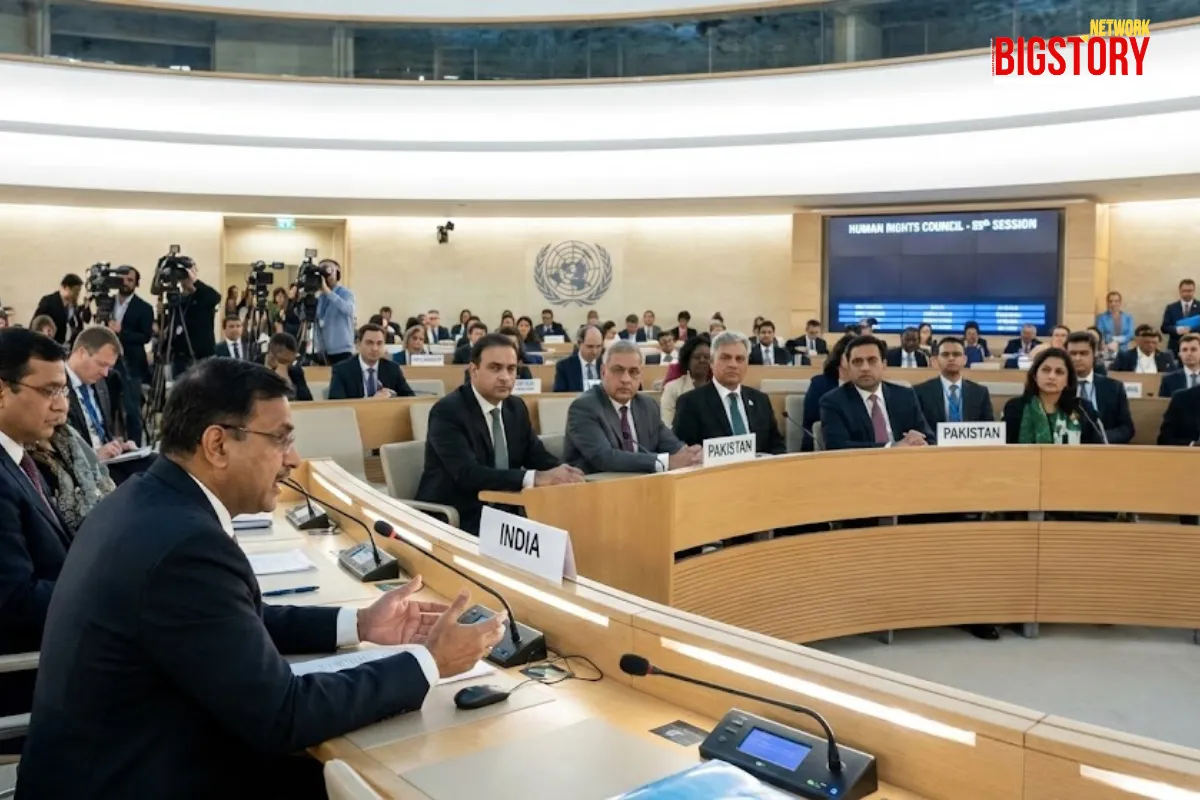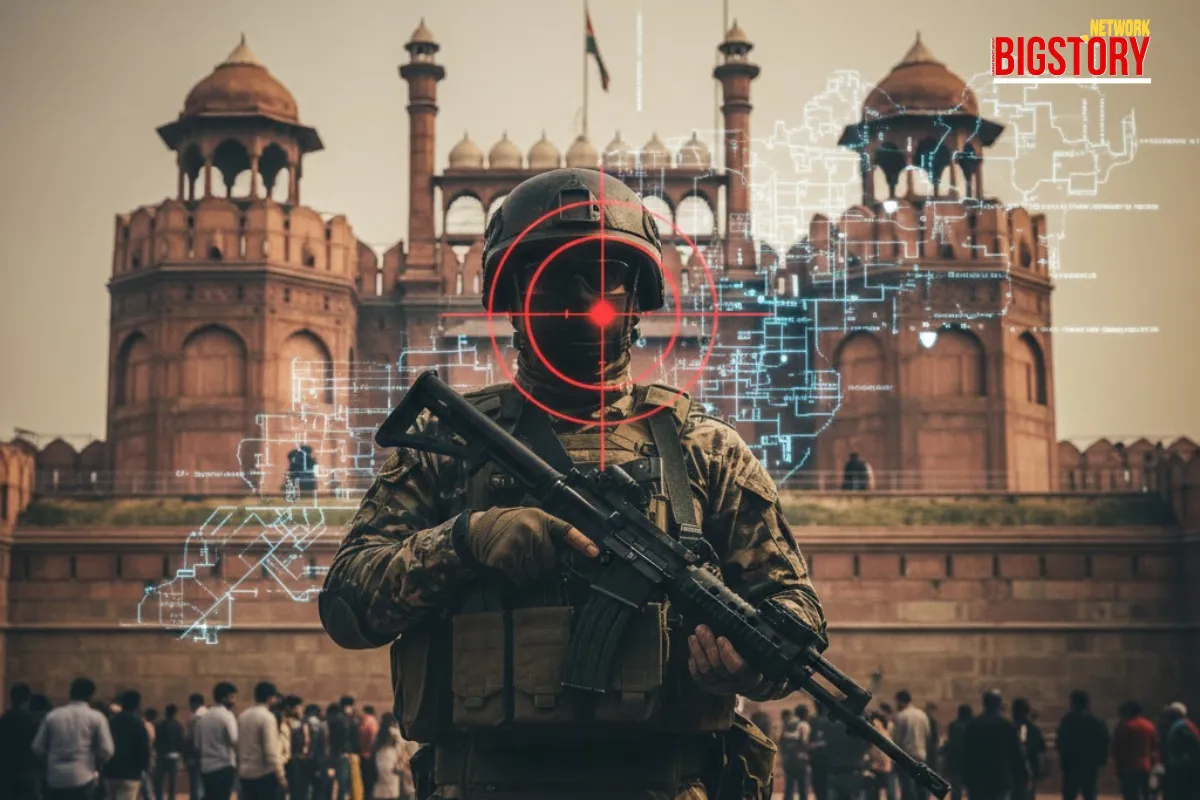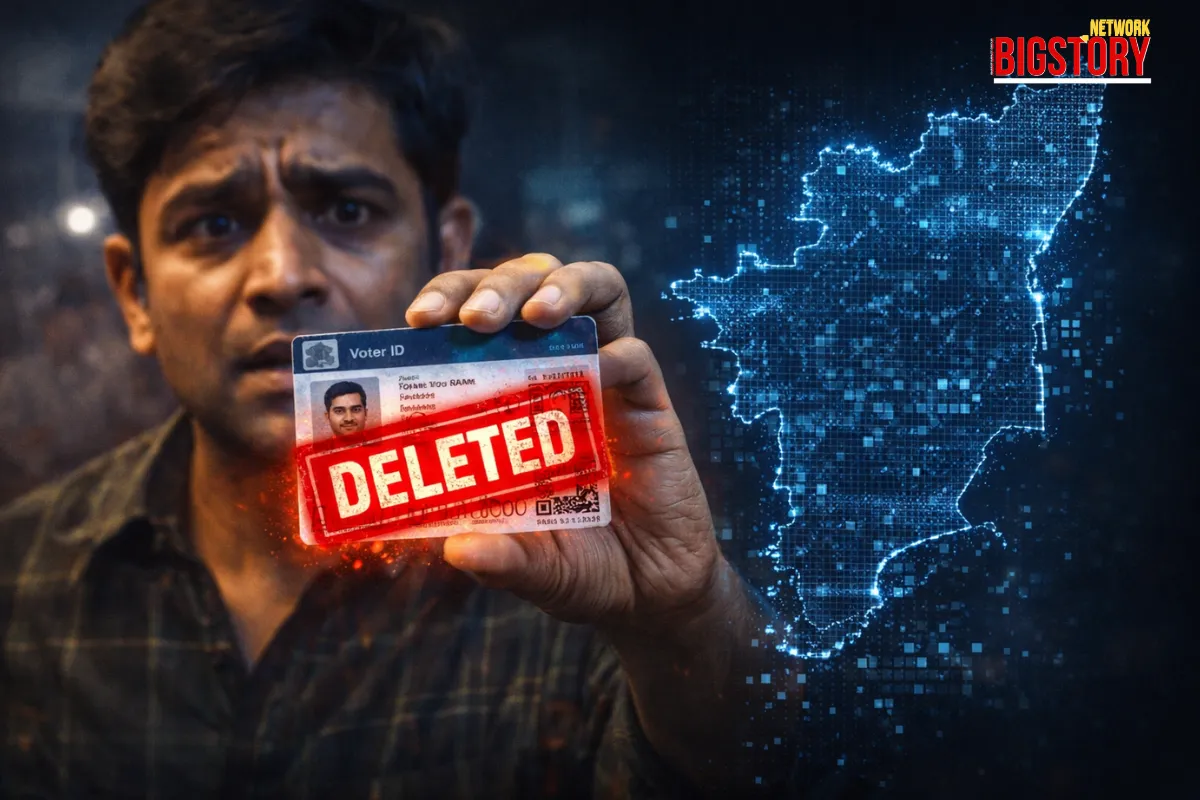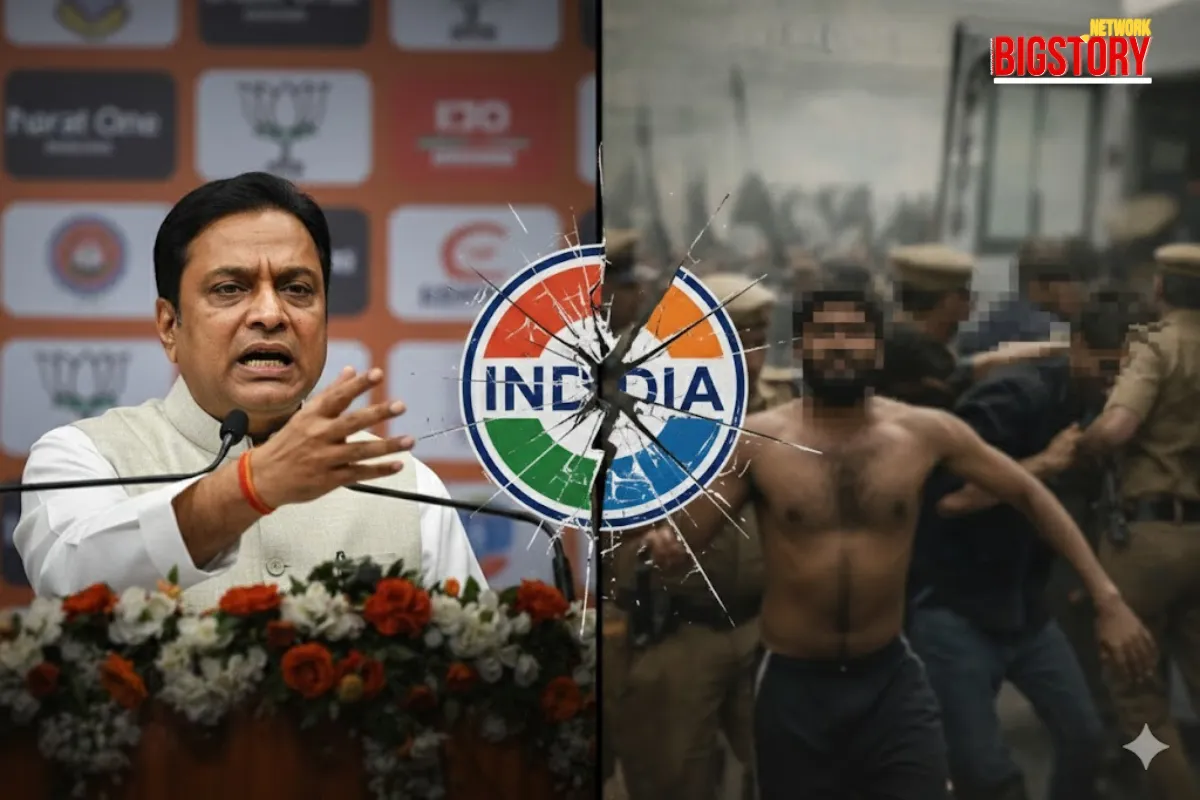Supreme Court agrees burnt cash video from Justice Varma's residence shouldn't be on website, but won't halt impeachment process.
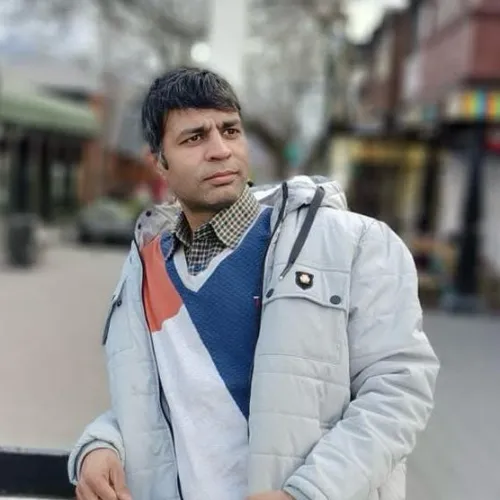 Manish Saini
Manish Saini
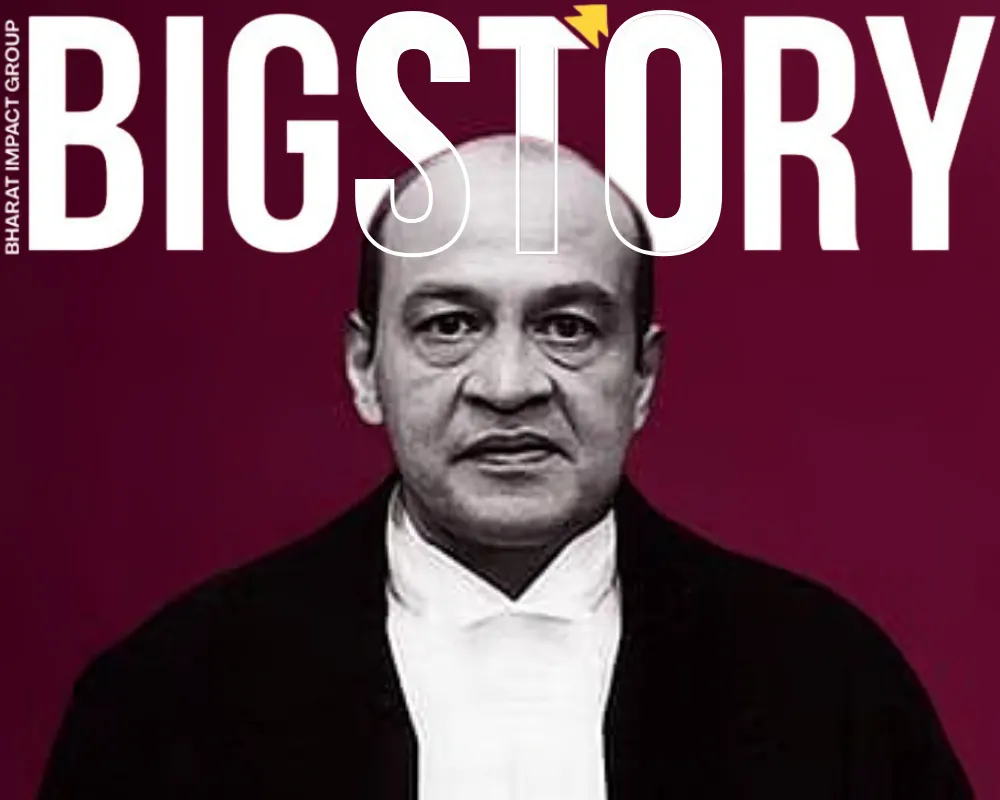
NEW DELHI – The Supreme Court of India has reserved its verdict in the contentious case involving Justice Yashwant Varma of the Allahabad High Court, focusing particularly on the discovery of burnt currency notes at his official residence and the subsequent in-house inquiry. A key aspect of the arguments before the bench, comprising Justices Dipankar Datta and A.G. Masih, revolved around the public availability of sensitive evidence, including a video of the burnt cash.
Justice Varma's counsel, Senior Advocate Kapil Sibal, vehemently argued that the uploading of the in-house inquiry report, along with photographs and videos of the burnt currency notes, on the Supreme Court's own website had caused irreparable damage to the judge's reputation and prejudiced the entire process. Sibal contended that such a public release violated procedural fairness and effectively "convicted" the judge in public perception even before any formal proceedings.
In a significant observation, the Supreme Court bench agreed with Justice Varma's submission that the video of the burnt wads of currency notes should not have been uploaded on its website. Justice Datta remarked, "We are with you on this for the time being. It should not have been done." This acknowledgment lends credence to the concerns raised about the impact of public disclosure on a judge's standing.
However, the Court also clarified that the mere publication of these videos does not, in itself, mean there has been a "lapse" in the in-house inquiry procedure that would fundamentally affect Parliament's power to initiate removal proceedings. The bench emphasized that Parliament's authority to take action against a judge under Article 124(4) of the Constitution is independent and not solely reliant on the findings of the in-house report or the Chief Justice's recommendation.
The Court also posed pointed questions to Justice Varma's legal team, querying why he did not challenge the in-house inquiry process or the uploading of the videos earlier, especially given his participation in the inquiry proceedings. Justice Datta observed that such a delay in raising objections did not "inspire confidence."
The controversy stems from an incident in March 2025, when a fire at Justice Varma's then-Delhi High Court residence led to the discovery of a large amount of burnt cash. An in-house inquiry panel subsequently found him guilty of misconduct, leading the then Chief Justice of India Sanjiv Khanna to recommend the initiation of impeachment proceedings in Parliament.
The Supreme Court has reserved its judgment on Justice Varma's plea challenging the validity of the in-house inquiry report. This case highlights the delicate balance between judicial accountability, procedural fairness, and the protection of a judge's reputation, as India's highest court navigates a complex and unprecedented situation.



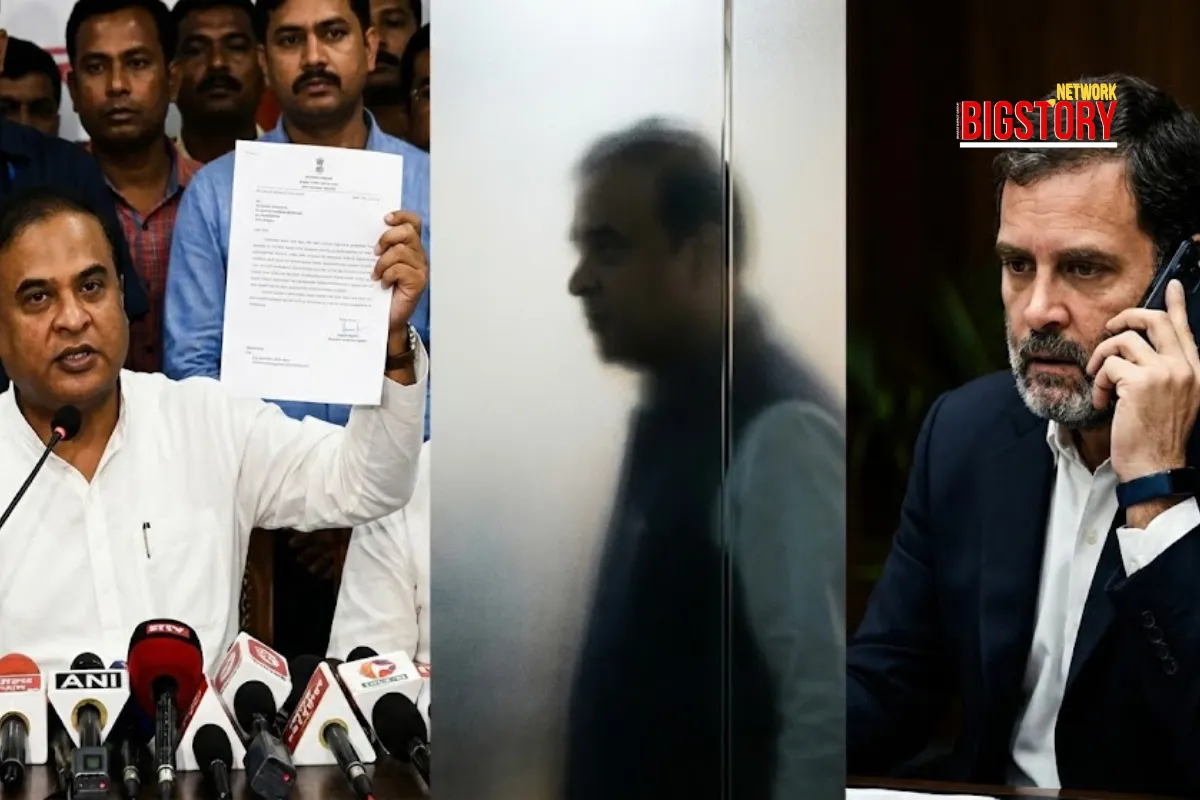


Sign up for the Daily newsletter to get your biggest stories, handpicked for you each day.
 Trending Now! in last 24hrs
Trending Now! in last 24hrs
